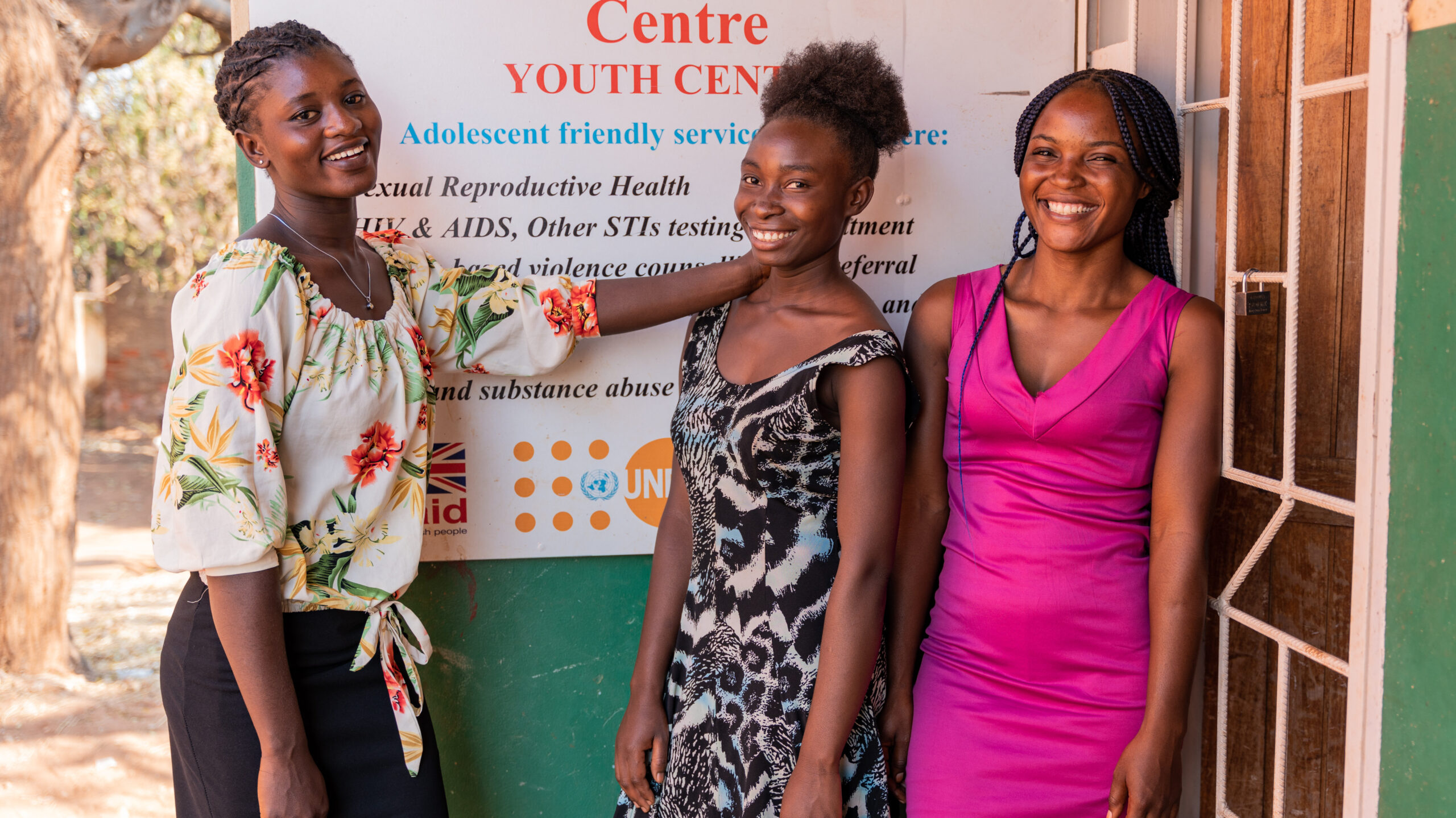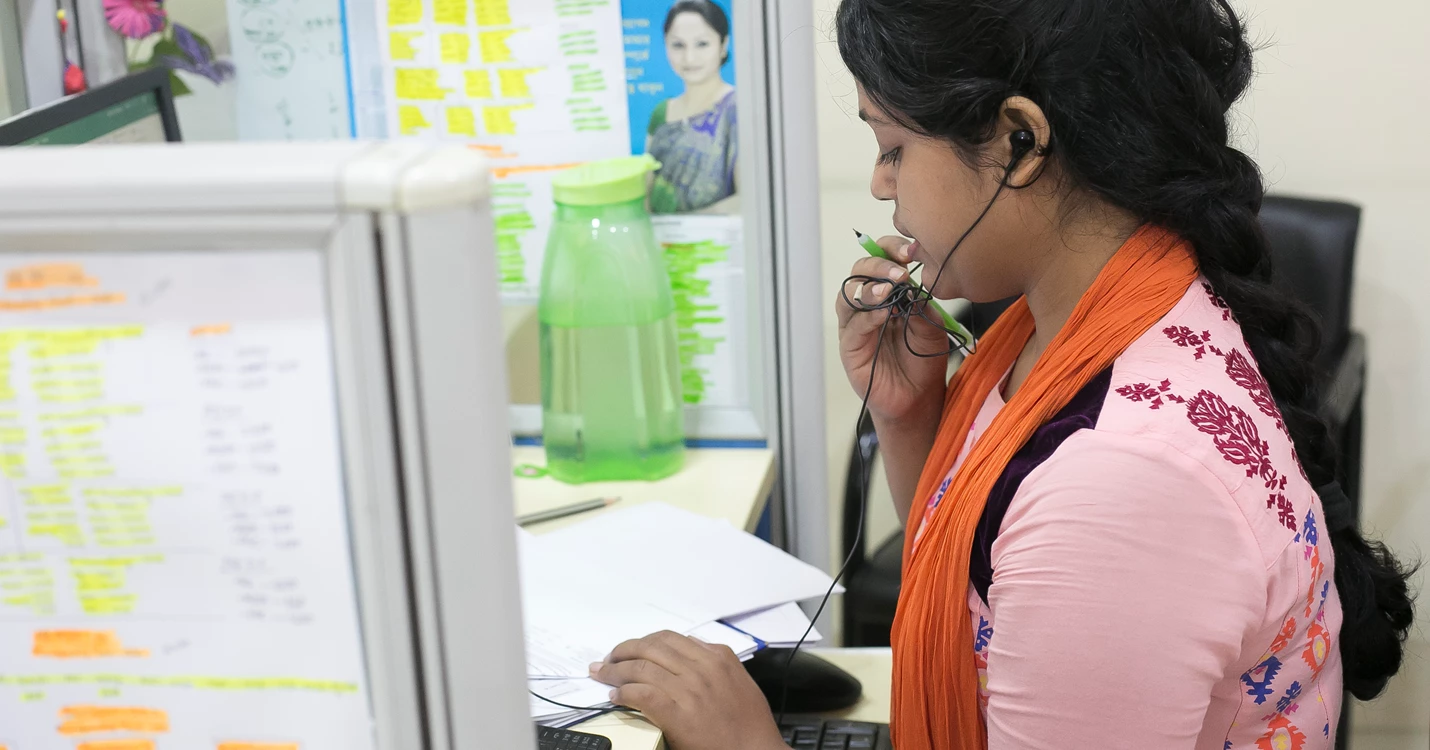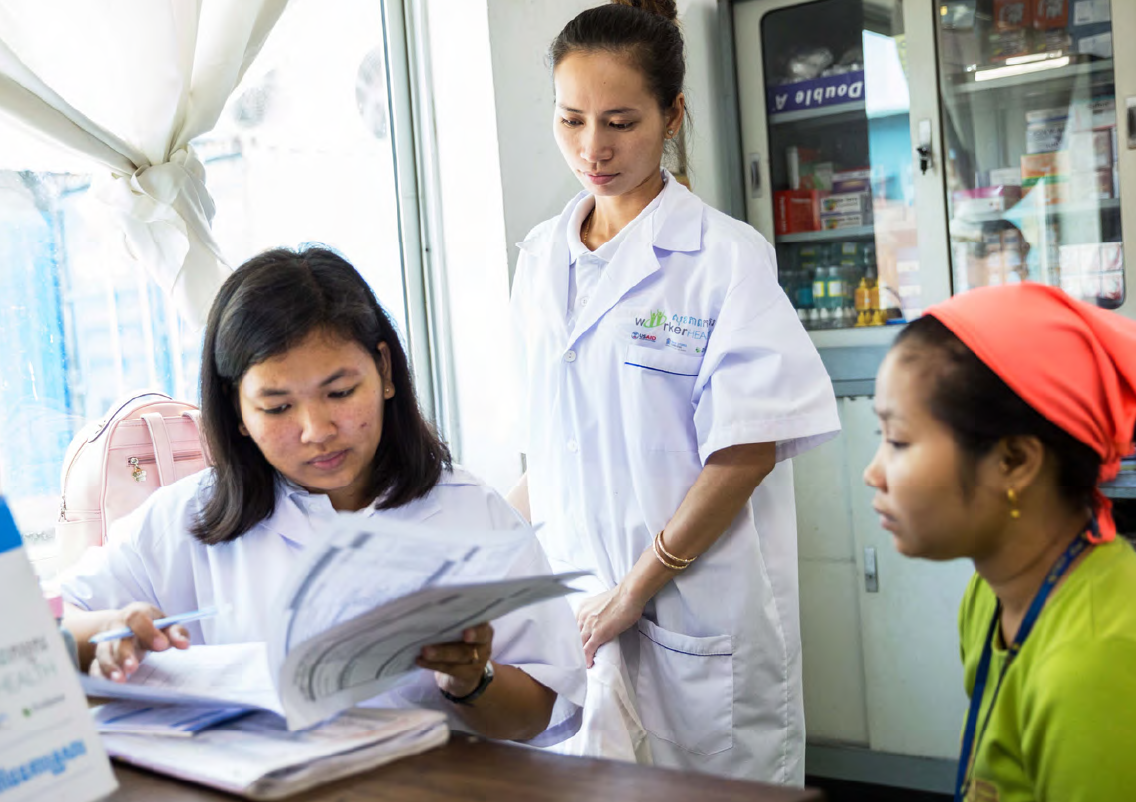In the ‘Global Voices’ series, we share seven stories from MSI healthcare providers, leaders, clients and partners. Their reflections and experiences inform, inspire and invigorate–read them all in our latest Annual Review.
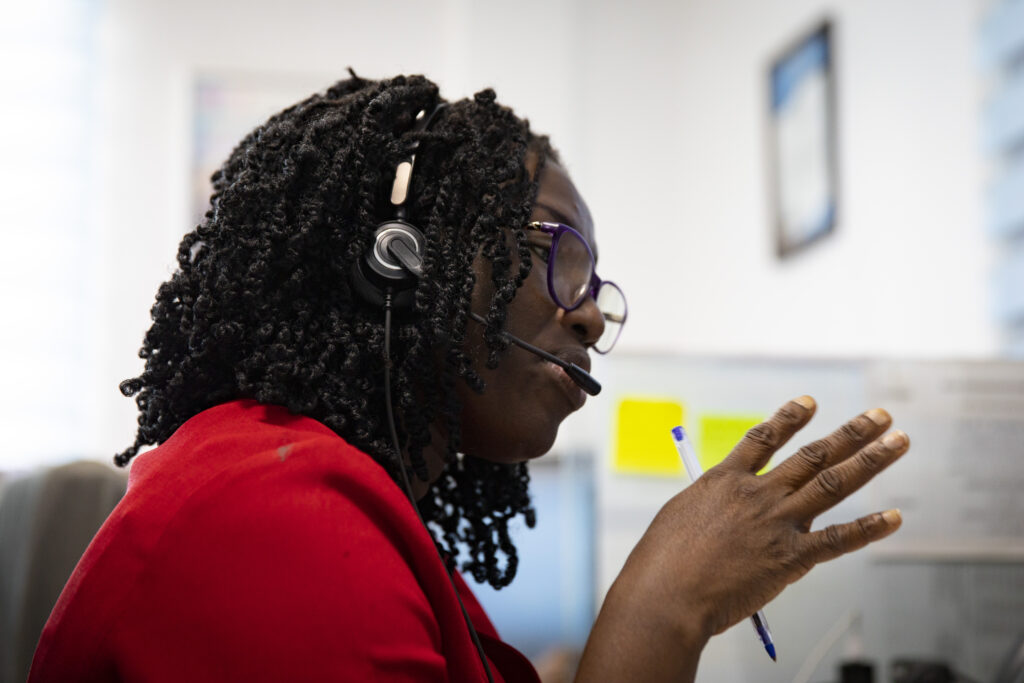
Whitney Chinogwenya, an MSI Marketing Manager based in South Africa, sees the issues and successes of digital healthcare and privacy play out online every day – she shares her take.

AI, chatbots, digital footprints: it’s enough to make you feel like we’re living in the future. Working in online marketing for MSI, it’s fair to say I spend a lot of my life in the ‘digital world’. I can confirm it’s not the future – the expansion of digital healthcare is happening right now and quickly. There are now more mobile phones in the world than people, and almost 70% of the world’s population are using the internet.
MSI has been investing in our digital future for years already, building an online network of care with our 34 contact centres around the world, websites, social media accounts, digital data systems, online marketing, healthcare apps, the list goes on. But we’re not the only ones taking advantage: anti-choice groups are using digital platforms to spread disinformation with impunity, abusing reproductive healthcare providers and manipulating people.
In 2024, we partnered with the Center for Countering Digital Hate (CCDH) to expose some of this anti-choice activity in a new report. Several of our country programmes documented how some social media companies are profiting from anti-abortion ads, while suppressing accurate information from reputable sources like MSI.
These often religion-linked groups advertise ‘pregnancy crisis centres’ online, promising support for women with pregnancy concerns who will turn up to find they’re being dissuaded from abortion. Google now labels ‘provides abortion’ or ‘does not provide abortion’ on these ads to provide clarity, but only in countries in the Global North. In South Africa where I live, women are still being manipulated by these fake clinic ads that put them at serious risk. MSI and CCDH’s report and media splash put pressure on these companies, calling for change.
Meanwhile, digital footprints are also a cause for concern. With new and evolving abortion bans including in the US and others across the world, it can be difficult to navigate the internet safely when searching for our reproductive options. There are many reasons why people want to keep their online searches private, like avoiding anti-choice websites that gather their data or keeping search histories from abusive partners.
I was exhilarated when MSI launched a new type of ‘VPN’ this year – the Vagina Privacy Network – to support anyone looking to educate themselves about their digital privacy rights and how to stay anonymous online. We were so pleased to see it was featured across global news and I was especially proud when it was shared by grassroots groups across the US who saw it as crucial in the fight for our reproductive rights.
I believe digital is the next frontier for the battle for reproductive rights, as our opposition are increasingly pushing their tactics online. But it’s also a frontier for progress and presents us with immense opportunity. Information is power, and in the face of growing attacks on our rights and freedoms, accurate online information is a lifeline for those seeking care and facts about their reproductive options.
At MSI, we’re pushing to be louder, bolder, smarter than those fighting against the right to choose. We’re using our tools and expertise to build digital spaces where women can make the choices that are right for them, with genuine information they can trust. It makes me excited for what’s on the horizon.
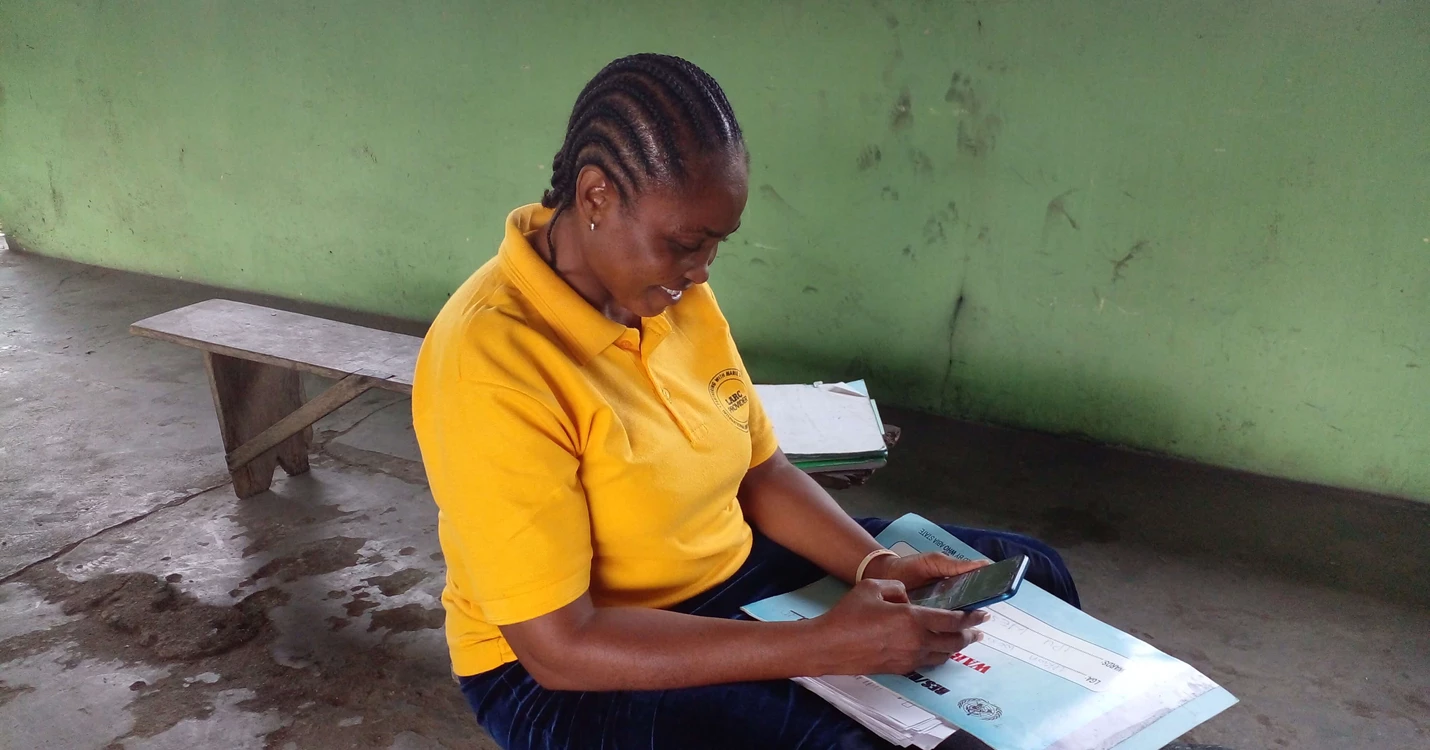
Digital Disparities
Detailing the global battle for reproductive rights on social media.

MSI’s Annual Review 2024
Read seven stories of courage, strategy and grit in our latest Annual Review.
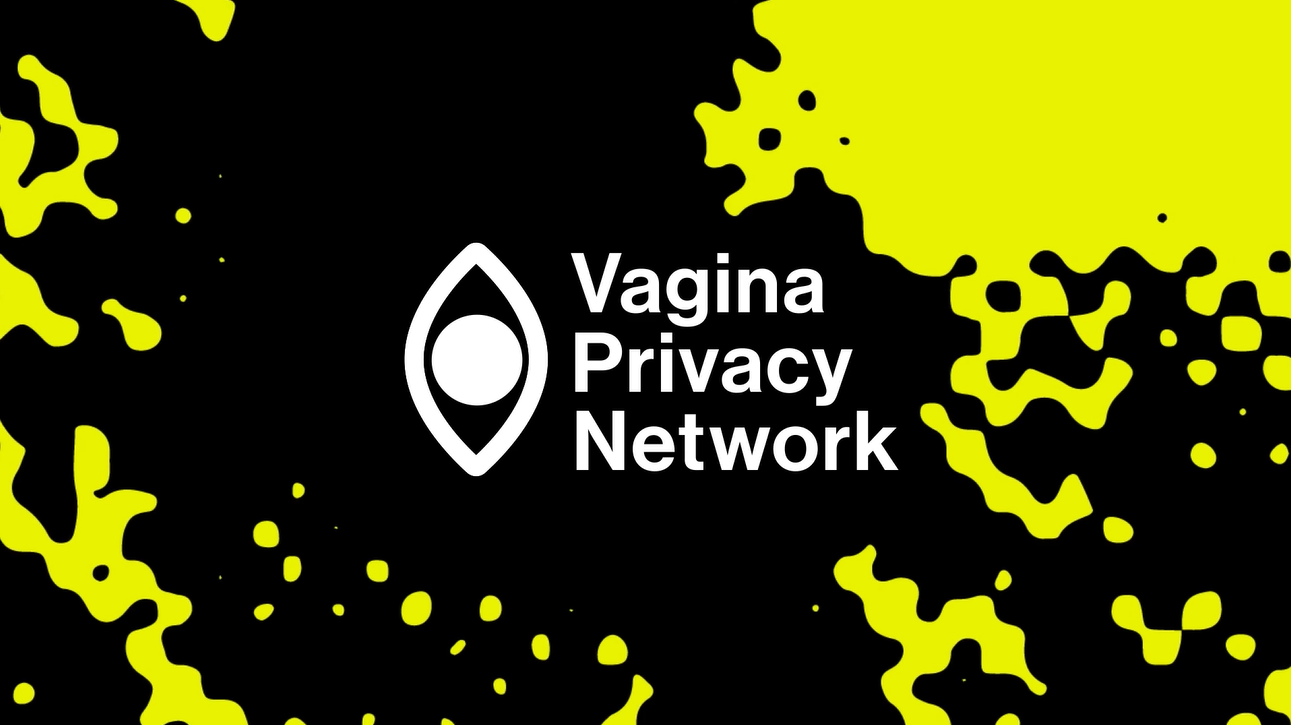
The Vagina Privacy Network
Learn more about MSI’s new kind of ‘VPN’ and its impact.






